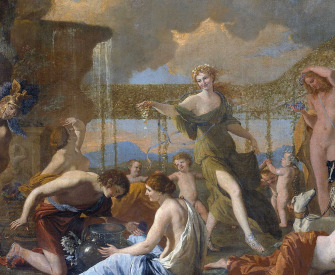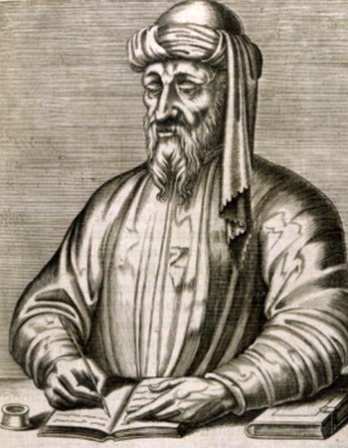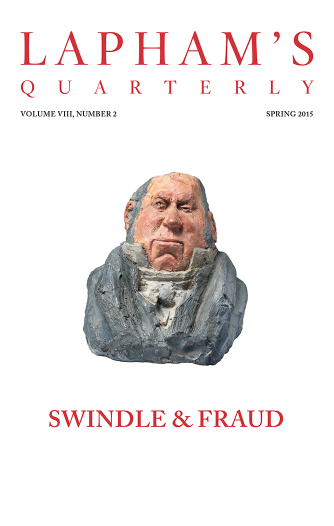I have spent these several days past in reading and writing, with the most pleasing tranquillity imaginable. You will ask, “How that can possibly be in the midst of Rome?” It was the time of celebrating the Circensian games, an entertainment for which I have not the least taste. They have no novelty, no variety to recommend them—nothing, in short, one would wish to see twice.
It does the more surprise me therefore that so many thousand people should be possessed with the childish passion of desiring so often to see a parcel of horses gallop, and men standing upright in their chariots. If indeed it were the swiftness of the horses, or the skill of the men that attracted them, there might be some pretense of reason for it. But it is the dress they like; it is the dress that takes their fancy. And if, in the midst of the course and contest, the different parties were to change colors, their different partisans would change sides and instantly desert the very same men and horses whom just before they were eagerly following with their eyes, as far as they could see, and shouting out their names with all their might. Such mighty charms, such wondrous power reside in the color of a paltry tunic! And this not only with the common crowd (more contemptible than the dress they espouse), but even with serious-thinking people. When I observe such men thus insatiably fond of so silly, so low, so uninteresting, so common an entertainment, I congratulate myself on my indifference to these pleasures—and am glad to employ the leisure of this season upon my books, which others throw away upon the most idle occupations.
From a letter to Calvisius. Pliny was practicing law at the age of eighteen, eventually being elected to the high offices of praetor and consul. His epistles are collected in ten volumes: the first nine contain 247 personal letters on various topics, among them ghosts and litigation, the last comprises his addresses to Emperor Trajan. Pliny died around 113 in Bithynia, where Trajan had sent him to investigate corruption.
Back to Issue





